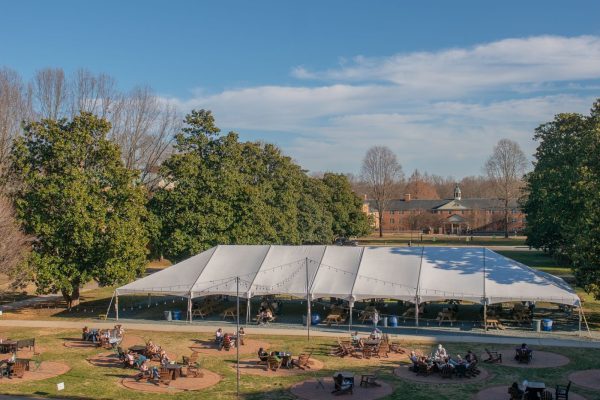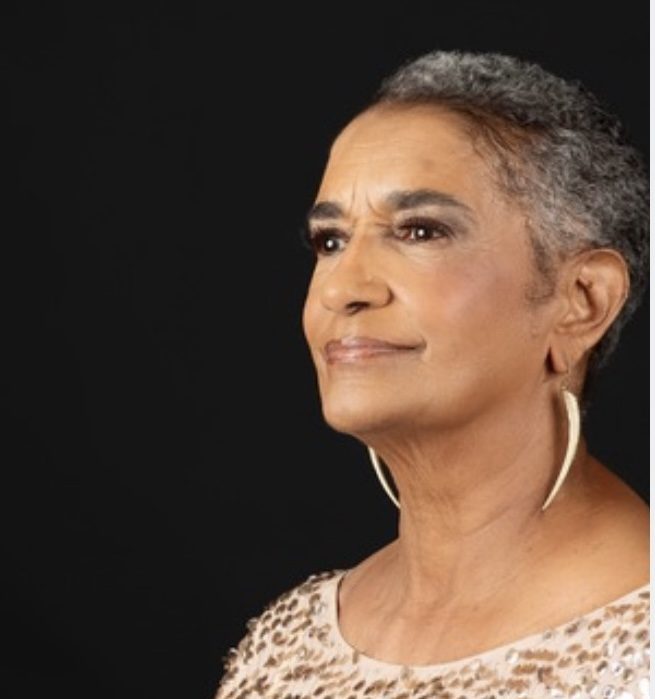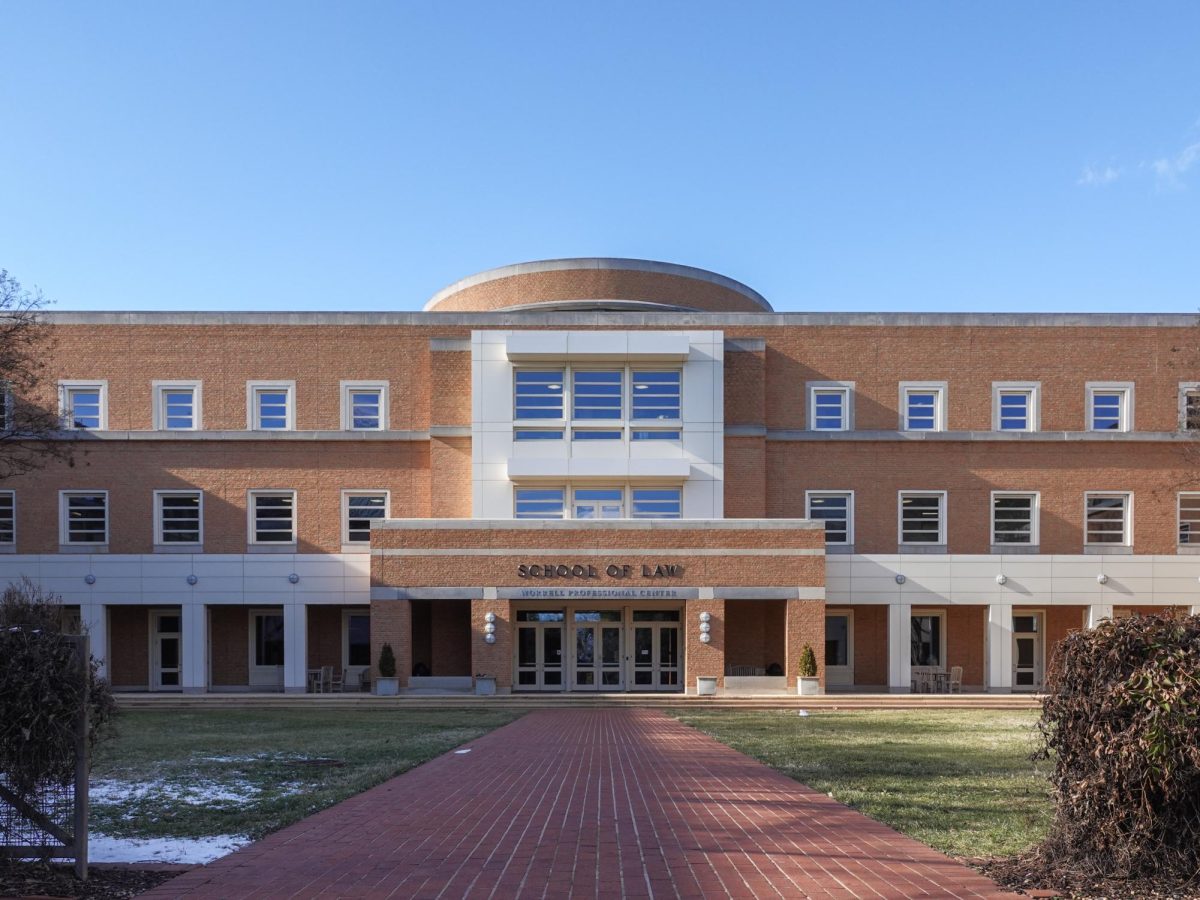With rising tuition costs and uncertain job markets, students are choosing majors that promise immediate returns. As they struggle to justify their major’s relevance in a career-driven world, more students are leaving subjects like literature, history and religion, instead turning to business and social science studies.
Since 1996, Wake Forest has seen a decrease in the number of students selecting to pursue a degree in a majority of the humanities programs. The number of students receiving English degrees has decreased by 23%, from 66 to 39, and the number of students receiving religion degrees is 22. Although other majors in the humanities like classics and history have seen relatively no change in degree program enrollment since 1996, the Wake Forest Business degrees have experienced an increase of 86%, 160 to 297.
“I don’t foresee a huge increase in history or English majors here at Wake Forest in the immediate future,” English Department Chair Monique O’Connell said. “I think part of that has to do with the cost of our institution. It’s a very expensive place to go to school.”
Wake Forest’s enrollment costs have risen by over 72% since 1996, from $18,500 to $62,000, a reflection of the national trend of increasing tuition at colleges and universities. U.S. universities have seen an average increase of 70% over the same period, according to The Brookings Institute.
Rising tuition costs are also a factor in students’ decision-making processes when exploring possible majors.
“There is a concern about jobs,” said Michael Lamb, associate professor of Interdisciplinary Humanities and executive director of the Program for Leadership and Character. “Given how the cost of higher education has increased, many parents and students are focused on the return on investment and worried about how they can make enough money to justify paying high prices for tuition.”
Debunking the liberal arts employment myth
The preconceived, widely accepted notion that humanities majors will fail to succeed in their professional endeavors is a myth. According to the Harvard Business Review, over 500 business executives say that the most important skills for hiring college students are communication, critical thinking and ethical judgment.
“What research shows is that those who have humanities degrees are often more valued later in their careers because they’re able to think more creatively, more critically and more expansively,” Lamb said, “[and] because they’re able to think beyond just technical skill sets.”
Other faculty members argue that in a fast-paced world, students struggle to slow down and appreciate the humanities.
“The humanities suffer because the humanities, done well, require slow and reflective learning,” said Michael Sloan, the department chair of classics. This slow, reflective process becomes increasingly difficult as a crisis of attention, from social media and other technologies, seizes college students’ attention spans.

Eye-opening divisionals
The divisional requirements a student studies have proven to also have a large impact on a student’s chosen major.
At Wake Forest, students are required to complete courses in five different divisions: humanities, literature, fine arts, social sciences and math and natural sciences. These requirements form the foundation for the university’s liberal arts curriculum, along with basic requirements like first-year seminars, writing seminars, foreign languages and health and exercise science.
“I stepped foot on this campus planning to study finance,” senior Jack Peterson said. “And if I didn’t have to take a philosophy class for my divisional, I would not be a Philosophy major today.”
Another student, sophomore Ben Hobson, is early in his collegiate studies.
“I have a lot of diverse interests, so I love the divisionals because I am not just allowed to, but I’m encouraged to go try other things,” Hobson said. “Pretty much every single semester that I’ve taken one or more divisionals, they have never failed to connect across my various studies.”
More often than not, Wake Forest students attempt to complete their divisional requirements within the first two years of their studies. This way, upon major declaration after a student has completed 40 hours of courses, students will have experienced a variety of disciplines before narrowing their scope of study.
The next two or so years of study are then focused on the majors and minors of their choosing.
“If there were a campaign to keep the liberal arts or promote more schools to adopt the divisional system, I would be the first person to sign that petition,” Hobson said. “I know it is helping me see the world more holistically.”
The appeal to the humanities
While finding the perfect job after college is important, students and faculty engaged in the humanities do not view their pursuits as a mere means to an end. Rather, the humanities help students learn about themselves, empathize with voices different from their own and learn how to be a better person.
As humanities majors continue to dwindle at Wake Forest, there is no lack of faith from faculty or students.
“I think that there’s this sort of intrinsic appeal about the humanities in terms of the way of understanding the human condition,” O’Connell said. “So, I ultimately am optimistic about the future of the humanities at Wake [Forest], and nationally.”
Faculty and students point to the statistics of exceptional performance in humanities graduates; however, they do not use that to justify their decision. Faculty and students alike take pride in their study of the humanities because of the deep impact it has on their personal development.
“If you step back and think about what education is for, and if you recognize that education is not only about producing workers but about educating human beings,” Lamb said. “I think the humanities and liberal arts become even more compelling because they’re the disciplines and the fields that prepare us not only to make a living but to make a life.”
Correction, March 20: A previous version of this article online and in print incorrectly stated that the number of students receiving degrees in Religious Studies is three. However, Old Gold and Black can now confirm that this figure stands at 22.











Ned Scott Laff • Mar 13, 2025 at 5:43 am
For further look at this I suggest both the recently released Hacking College from Johns Hopkins University Press and The Hidden Utility of The Liberal Art in the Chronicle of Higher Education